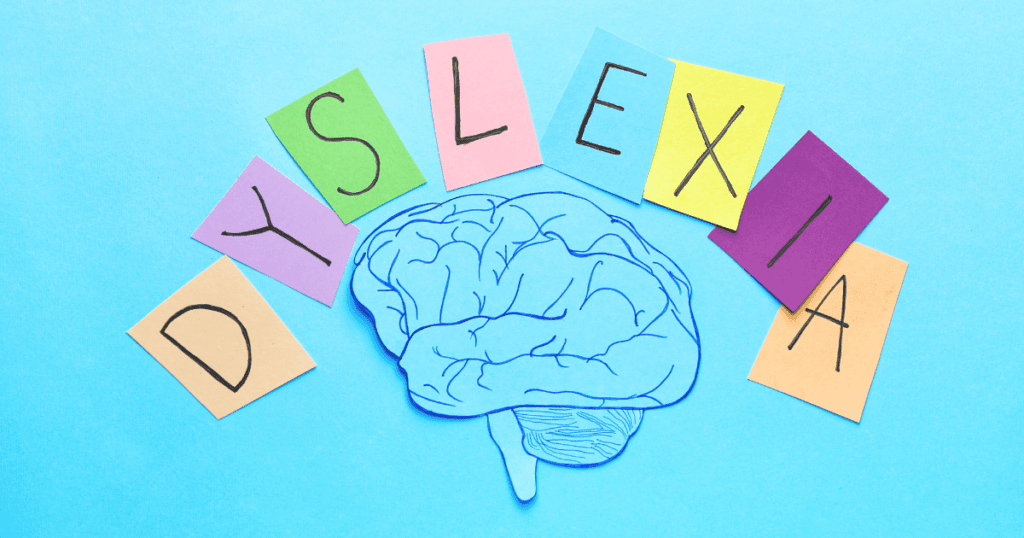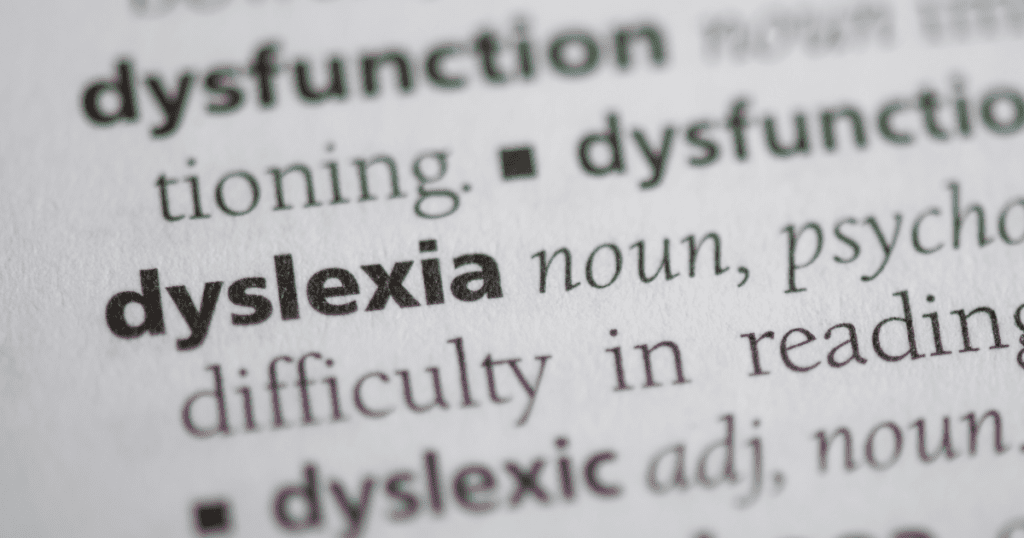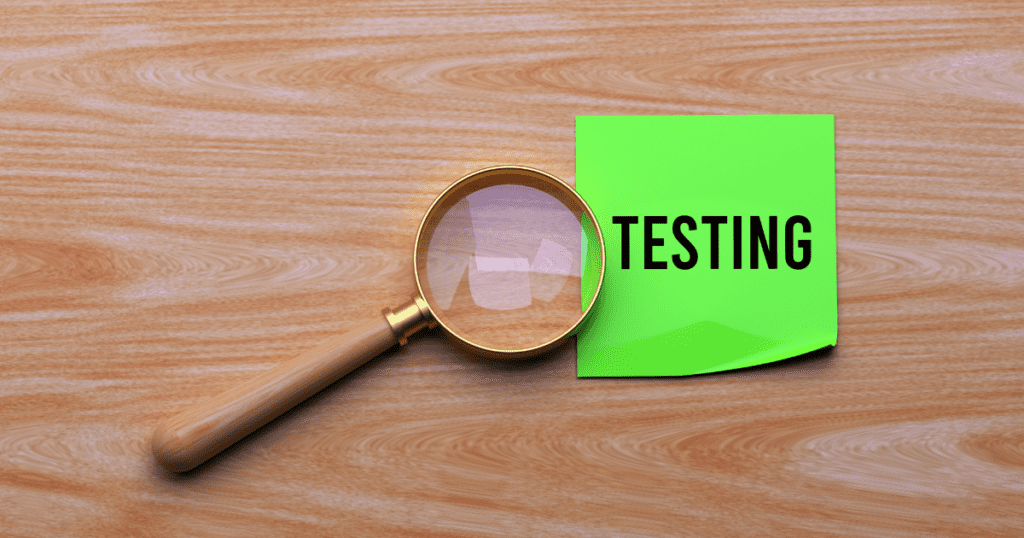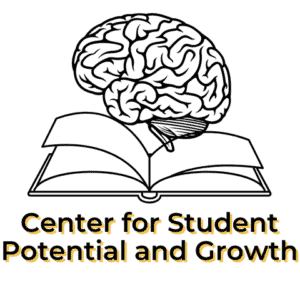
Are you concerned about dyslexia in your child? Does your child struggle with reading tasks that typically comes easily to their peers?
Dyslexia is an obstacle that can prevent children from developing proper reading skills, so parents must be aware of these difficulties when their child encounters them while learning how to read. In this article, we’ll discuss what dyslexia is, its characteristics, common signs observed in children with dyslexia, causes of dyslexia, secondary consequences, and treatments that can help minimize any struggles caused by learning disabilities like dyslexia.
What is Dyslexia?

Dyslexia is a specific learning disability affecting a child’s reading ability. It is characterized by difficulty with accurate and/or fluent word recognition and poor spelling. Dyslexia can also affect other aspects of language-based processing, including phonemic awareness, phonological awareness, and decoding.
Dyslexia impacts all types of students, regardless of their intelligence or background. Although dyslexia is lifelong, early intervention and appropriate educational support can significantly impact an individual’s success in school and beyond.
What Are the Characteristics of Dyslexia?
The following are characteristics and signs of dyslexia:
- Difficulty with reading fluency, which is the accuracy and speed of decoding words.
- Difficulty with recognizing words by sight.
- Challenges with single-word reading.
- Poor spelling ability, despite frequent exposure to vocabulary.
- Difficulty understanding written text or following directions.
- Slow or limited growth of vocabulary
- Limited alphabet knowledge
- Poor phonological awareness
- Difficulty with rapid naming of letters, numbers, and colors
- Poor phonemic awareness
What Are Common Signs of Dyslexia?

Dyslexia can be hard to spot. Sometimes students don’t realize they have it until they’re older. They might try to hide it too. But there are tests that schools can do to see if someone has dyslexia.
Common signs of dyslexia are:
- Trouble with reading, writing, and spelling
- Struggling with sequencing words or numbers
- Avoiding activities that involve reading
- Inability to match letters to their corresponding sounds
- Confusing the order of letters in a word when writing
- Difficulty with rhyming (not noticing patterns)
- Spelling commonly used sight words incorrectly
- Swapping the “p” for “q” or “b” for “d” when reading
- Slow, labored reading
- Spelling errors (such as “condition” as condishun”)
- Engages in avoidance behaviors (requests bathroom breaks) during reading blocks in class
- Hard time reading CVC words, such as “van,” “can,” “hat”
- Low reading fluency and comprehension skills
- Can understand the material better when they are read to (higher listening comprehension skills)
- Difficulty with writing sentences
What Causes Dyslexia?
The exact causes of dyslexia are unknown. Research studies suggest that there is a genetic predisposition for dyslexia. Often, when evaluating a student, I learn from parents there is a family history of similar difficulties (or a parent or sibling with a diagnosis). It is also linked to specific parts of the brain that are associated with reading.
A lack of intelligence or motivation does not cause dyslexia. It is a disorder that can cause difficulty in learning to read and write, but with the provision of effective classroom instruction, individuals can overcome these challenges. A student with dyslexia’s reading challenges is usually unexpected, especially considering their average cognitive abilities.
What Are the Secondary Consequences of Dyslexia?

Secondary causes of dyslexia include lowered self-esteem and struggles with other subjects. Secondary consequences may include limited mastery of content areas such as math, science, and social studies. These content areas involve a ton of reading and writing. Without support, students with dyslexia may earn failing grades, become discouraged, and develop low self-esteem.
For example, a student who has difficulty sounding out words may struggle to read at a pace that helps him understand what he is reading. Although dyslexia affects the phonological components of language, higher-level reading skills (reading comprehension) can be impacted.
This same student has to write an answer to questions from the passage they just read. Due to the reading difficulty, they can have difficulty answering the question (because they did not understand the text).
This student’s written work is now compromised due to challenges in decoding and fluency (and eventually reading comprehension).
How Can Dyslexia Be Treated?

Fortunately, many strategies are available for individuals who have difficulties with reading due to dyslexia.
Students with dyslexia will require evidence-based interventions that provide systematic phonics instruction, especially when diagnosed early enough.
Several evidence-based programs and methods specifically support individuals with dyslexia. My son’s school used the Wilson reading method, and I remember working with him on his “Fundations Reading” homework. It was simple and fun, and he could quickly catch on to the concept.
The Wilson Reading System is a system used by many schools and is a popular program for treating dyslexia.
Several other programs that are designed to treat dyslexia are Orton-Gillingham, Lindamood-Bell, as well as Reading Horizons. You can check out these programs via the links below:
You can also check out the International Dyslexia Association for more resources and programs.
Conclusion
Dyslexia is a problem that makes it hard to read. People with dyslexia might have trouble reading words, looking at letters, and knowing the sounds of words. Because schoolwork usually requires reading, people with dyslexia might have trouble in school. This can include getting lower grades and not feeling good about themselves. If you think someone has dyslexia, they might need to see a learning specialist to be sure. If you are an adult with dyslexia, some help might be available at school or work.
How the Center for Student Potential and Growth Can Help

If you suspect your child has a learning disability, we can help. An independent educational evaluation can identify specific learning strengths and weaknesses.
We provide independent educational evaluations for any age learner in Ohio.
To learn more about scheduling an evaluation, call us at 216-273-6020. You can also email us at info@potentialandgrowth.com.
